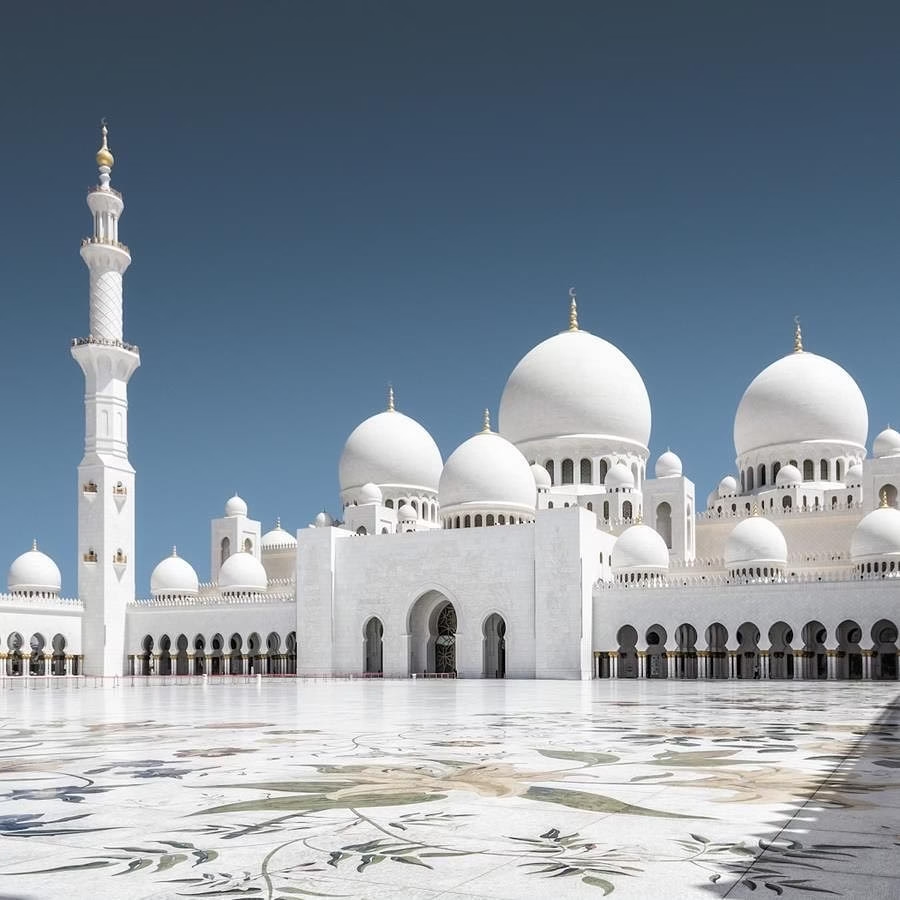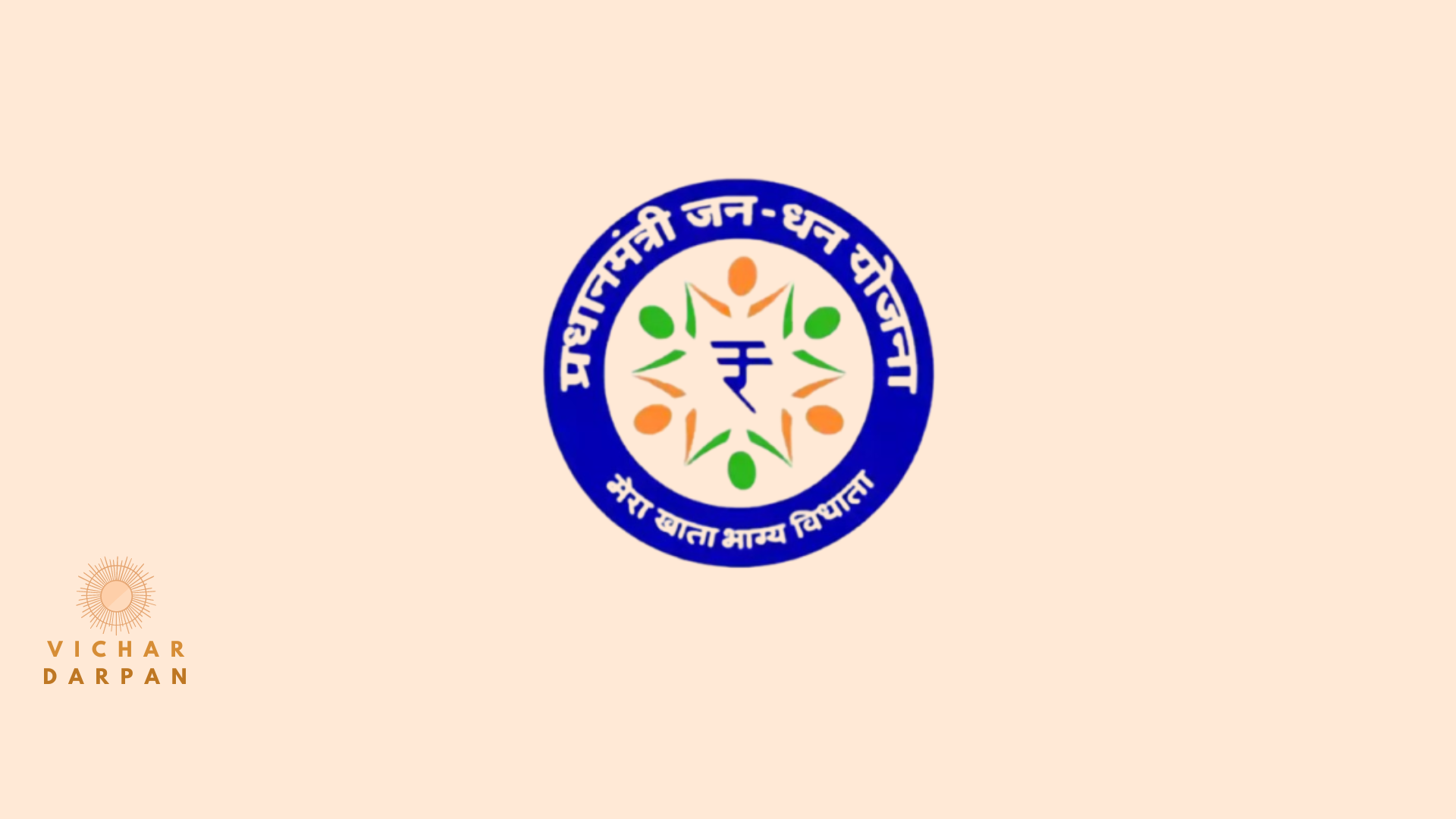Introduction
Waqf is an integral pillar of Islamic charity, strongly grounded in the charitable tradition. Waqf is a perpetual endowment where people leave behind their assets—movable or immovable—to religious, educational, or social causes. In sharp contrast to the usual donations, Waqf provides for the perpetuity of benefits accruing from the endowed property, benefitting communities over generations.
Historically, Waqf has played a crucial part in the socio-economic development of Muslim community. The wealth generated via Waqf is used to establish and sustain mosques, schools, hospitals, orphanages, and public facilities such as wells and roads. Because of being a self-sustaining system, Waqf has been able to provide financial autonomy to various institutions so that they can offer basic services without approaching the government institutions or outside sources for help.
One of the most important features of Waqf is its irrevocability—in other words, once an asset is committed as Waqf, it cannot be retrieved, sold, or inherited. This ensures that the property is not lost and is put to its intended public cause. These assets are run by nominated trustees or Waqf Boards, which generate income that is used for public welfare, education, health, and poverty alleviation.
Currently, Waqf is a very important tool for social upliftment, building strength of underprivileged and economic security through long-term charitable investments.
What is Waqf?

Waqf is a perpetual charitable fund under Muslim laws and community, which allows a person to donate its property—movable, like money or assets, or immovable, like land or buildings—for a religious, educational, or social objective. Once a property has been allocated as Waqf, it is inalienable, and it cannot be sold, inherited, or transferred. It is dedicated to its benevolent aim forever, providing lasting benefits for communities. The administration of Waqf property is guided closely by rules and regulations, mostly under the surveillance of trustees or Waqf Boards, for the properties to yield stable revenue and keep functioning for the meant beneficiaries like schools, mosques, or welfare services.
Types of Waqf
- Public Waqf: Public Waqf is made to provide the benefit to society at large through monetary assistance along with providing very important institutions such as schools, hospitals, and mosques. The Waqf provides either free or subsidized facilities for education, healthcare, and places of worship, making access available to these necessities.
- Private Waqf (Waqf-al-Aulad): Private Waqf (Waqf-al-Aulad) is established to aid the donor and his descendants’ family while granting a share towards charitable purposes. It ensures funding for generations ahead, keeping assets within the household. After sometime, as given, the Waqf eventually goes to absolute charitable use to benefit society alongside maintaining Islamic generosity principles.
Legal Framework Governing Waqf
Waqf properties are governed by the legal authorities like Waqf Boards under national and state laws. Waqf properties in India are subject to the Waqf Act, 1995, which oversees their proper utilization and management.
Importance of Waqf
- Welfarism: The Waqf provides important services like education, healthcare, and housing.
- Economic Prosperity: The Waqf helps by supporting the financial sustainability to the poor households of the community through income-generating assets.
- Cultural Aspect: The wealth of Waqf helps in maintaining mosques, shrines, and other religious institutions.
Common FAQs About Waqf
1. Can a Waqf be revoked?
No, once a property is constituted as Waqf, it is committed forever.
2. Who manages Waqf properties?
Waqf properties are taken care of by appointed Waqf Boards or duly appointed trustees.
3. Can Waqf property be sold?
No, Waqf properties cannot be sold or transferred, except in extraordinary circumstances under legal provisions.
4. How can one create a Waqf?
One can establish a Waqf through an irrevocable statement and its registration with the concerned Waqf authorities.
Conclusion
Waqf is a pillar of community development through the fact that the properties donated for public religious and charitable purposes continue to benefit society indefinitely. Unlike donations that are made once, Waqf endowments offer a framework for long-term social welfare with continuous support for schools, hospitals, mosques and churches, and public institutions.
Proper administration and legal regulation are important in order to safeguard the integrity, effectiveness and efficiency of Waqf properties. Agencies, such as Waqf Boards and trustees, ensure that such endowments are run in line with their respective objectives so that they are not misused and mismanaged. Proper administration ensures that assets produce adequate income such that philanthropic activities are continued years ahead.
By understanding the concept, impact and necessity of Waqf, people and even organisations can actively participate in expanding it and further by facilitating the social growth based on Islamic principles of charity. The empowerment of modern aspect and applications of Waqf, such as investments in revenue-generating properties or businesses, the economic function of Waqf can be enhanced even more. As such, Waqf continues to be a productive vehicle for social enhancement, with communities achieving enduring prosperity and autonomy.
Read more such articles on Vichar Darpan.



